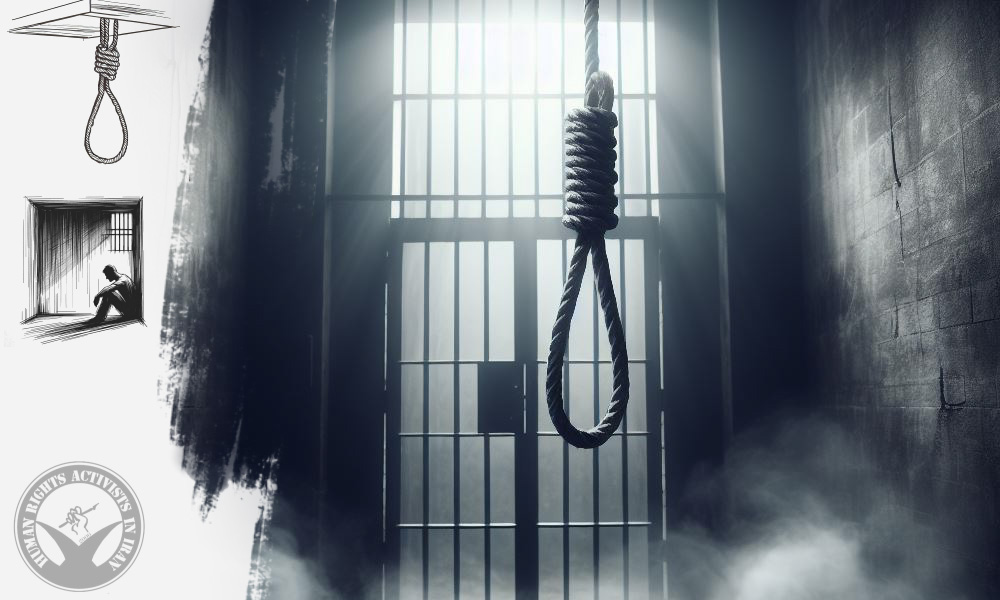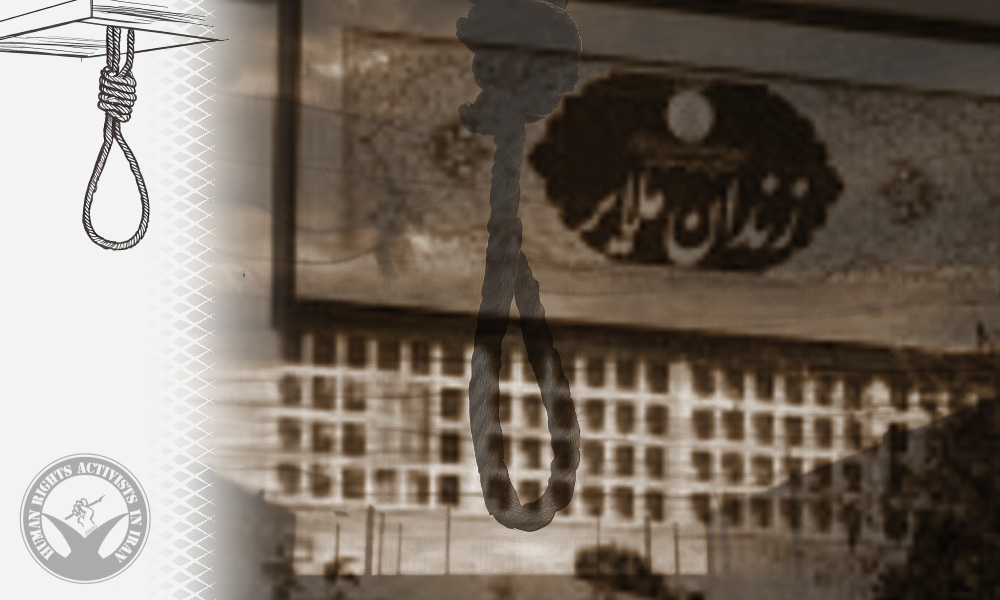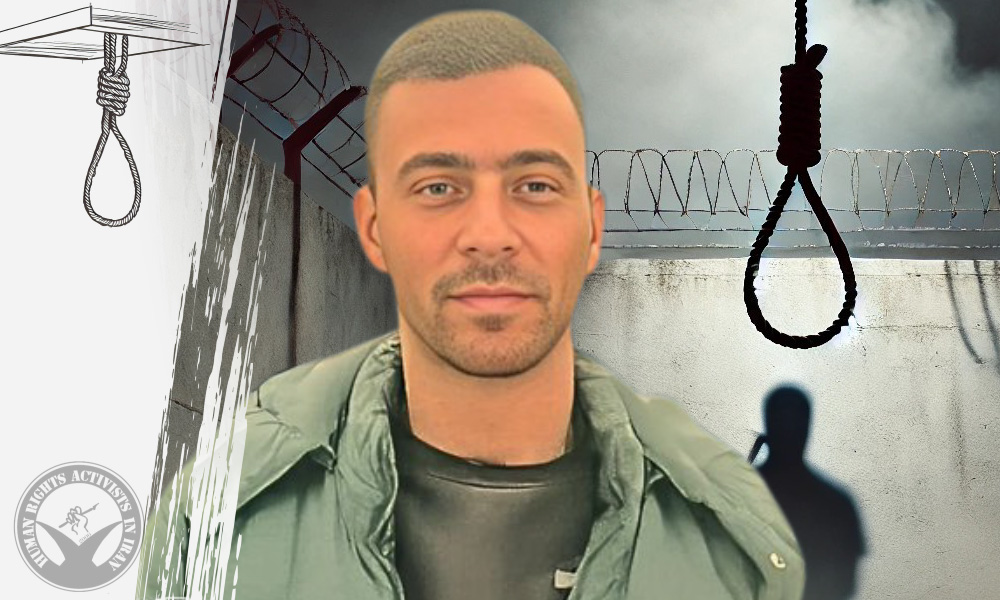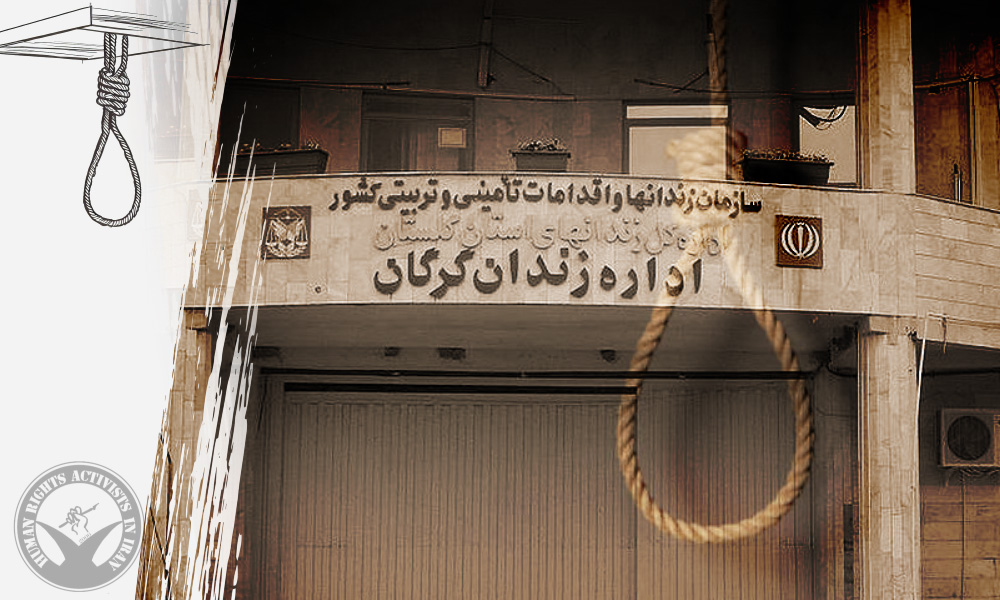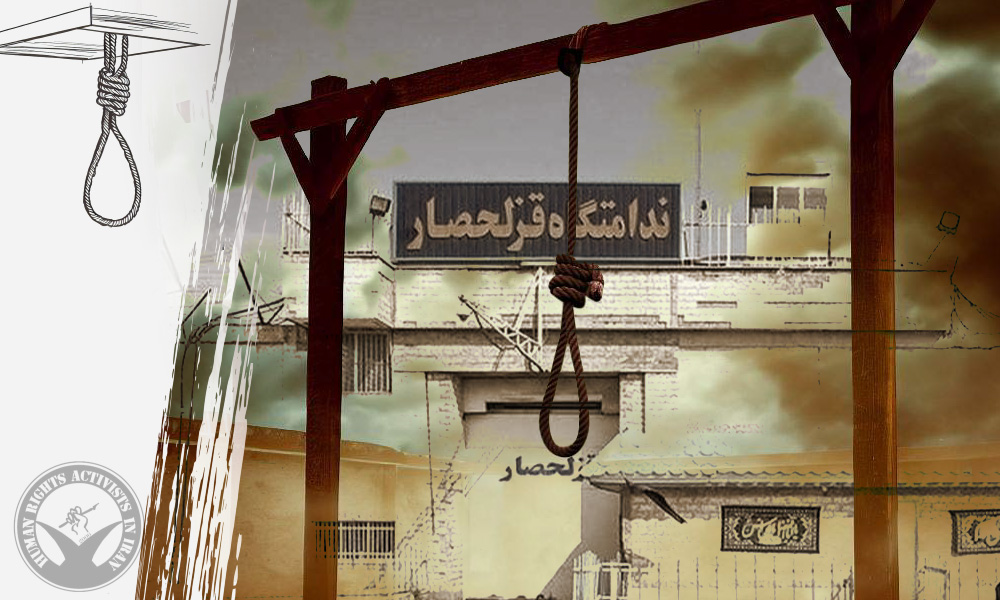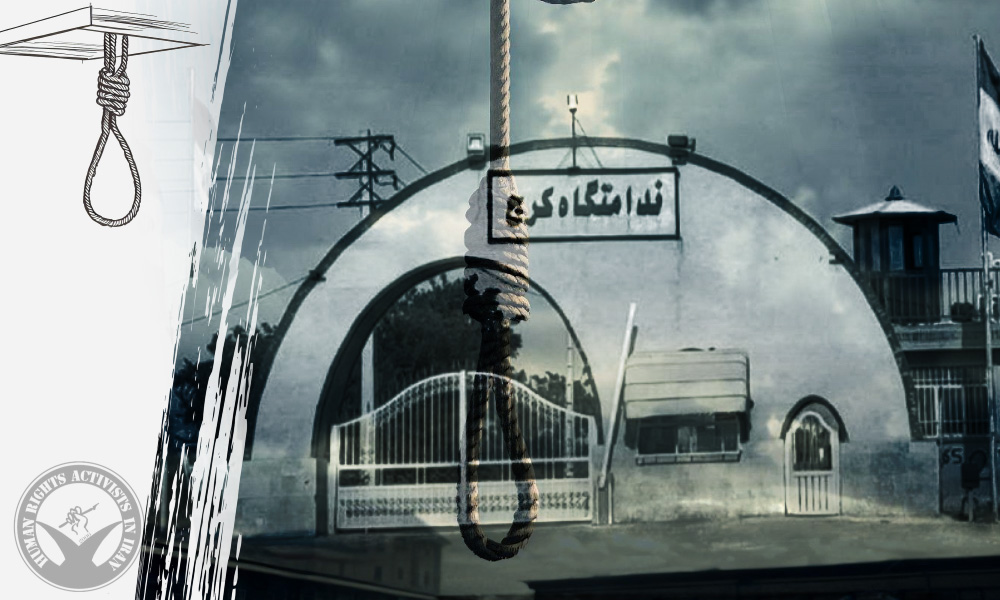At dawn on October 23, five prisoners were executed in Ghezel Hesar Prison in Karaj, following convictions for drug-related offenses, murder, and rape.
HRANA has confirmed the identities of two prisoners sentenced to death for drug-related charges: Salam Baba-Khan Jafari and Mohammad Koushki. The identities of two Afghan nationals, executed for murder and rape, are still under investigation.
Earlier this week, HRANA had reported that these four prisoners were transferred to solitary confinement in preparation for their executions. However, as of this report, prison officials and relevant authorities have not made formal announcements regarding the executions.
In a separate case, the Rokna news agency reported the execution of 33-year-old Arman Nasirzadeh, also in Ghezel Hesar Prison. According to Rokna, a long-standing dispute between Nasirzadeh and the victim, Akbar R., escalated, leading to the murder. Despite filing a complaint against Akbar R., Nasirzadeh eventually killed him. After the incident, Nasirzadeh surrendered to the police and was sentenced to death for premeditated murder.
Throughout the legal process, many individuals and authorities attempted to secure forgiveness from the victim’s family, even in the final moments before the execution. However, after Nasirzadeh spent 10 years in prison, the family of Akbar R. chose not to pardon him, resulting in the execution being carried out as planned.
According to HRANA’s latest annual report, between October 10, 2023, and October 8, 2024, at least 811 individuals were executed in Iran, marking a 23.06% increase compared to the same period last year. Four of these executions were carried out publicly, with many of the accused reportedly being denied fair trials.




